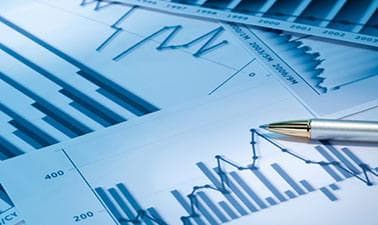UC3Mx: Fundamentals of Macroeconomics
This introductory course to macroeconomic analysis provides a thorough view of what economists know about aggregate production, inflation, unemployment and economic policies and elevates the learner to a first-year undergraduate level.

- Certification
- Certificate of completion
- Duration
- 6 weeks
- Price Value
- $ 159
- Difficulty Level
- Introductory









